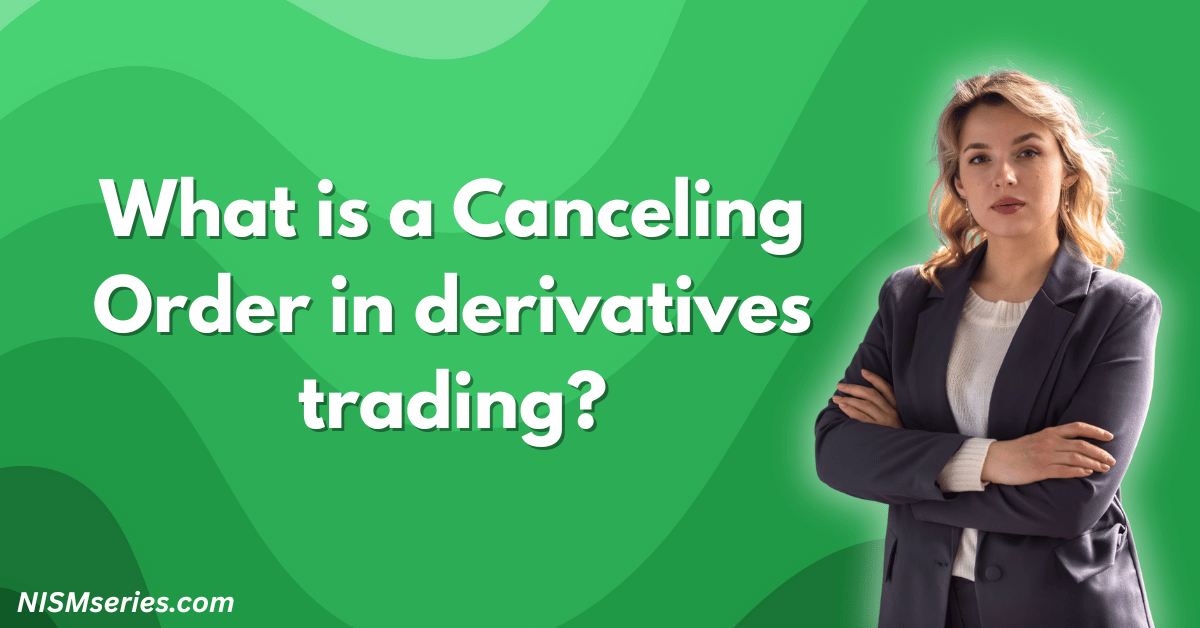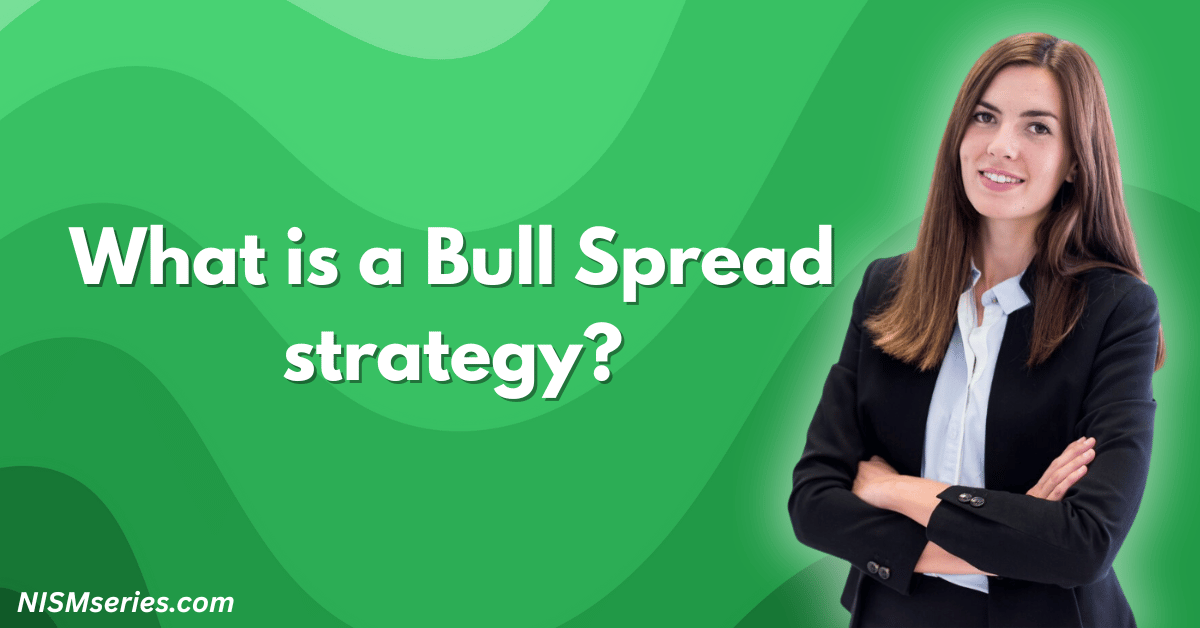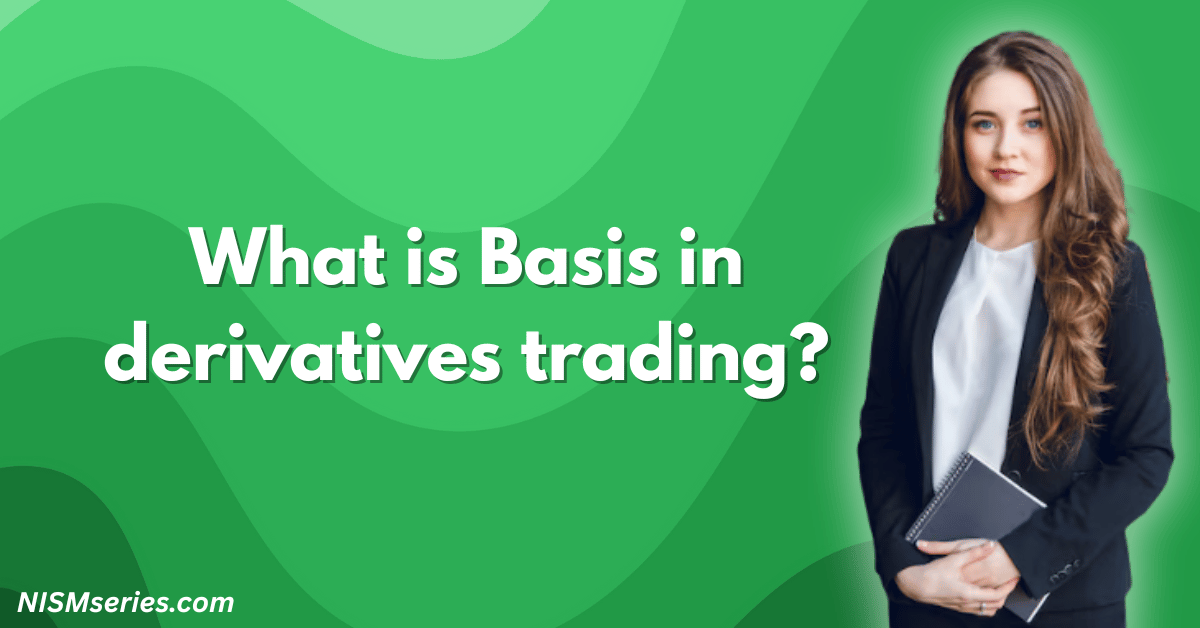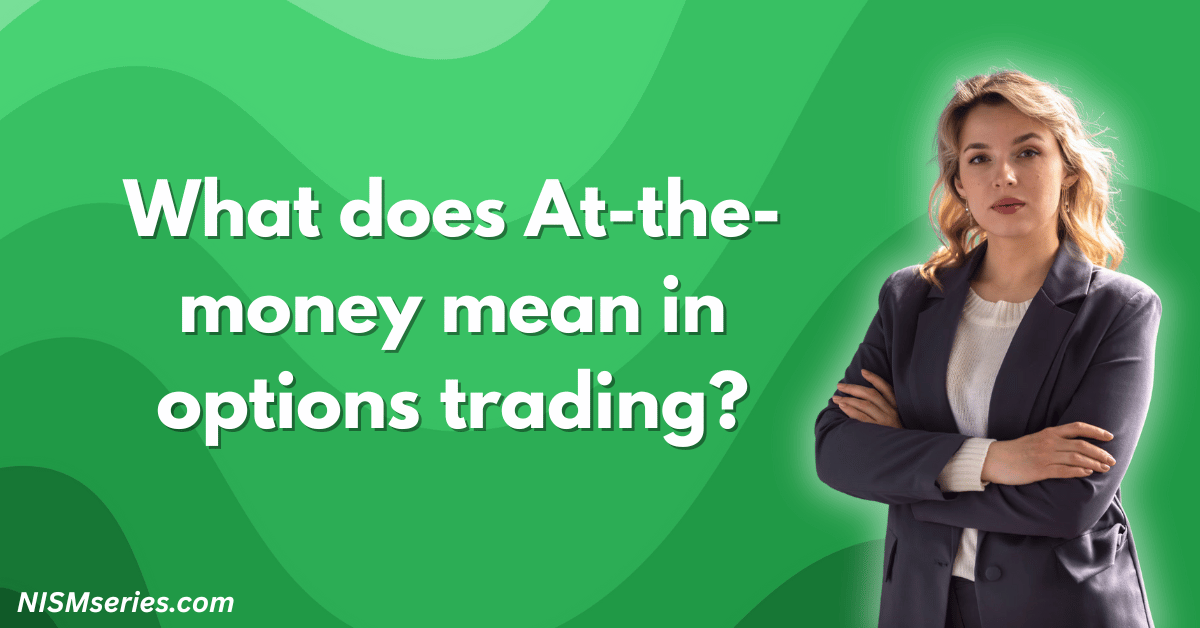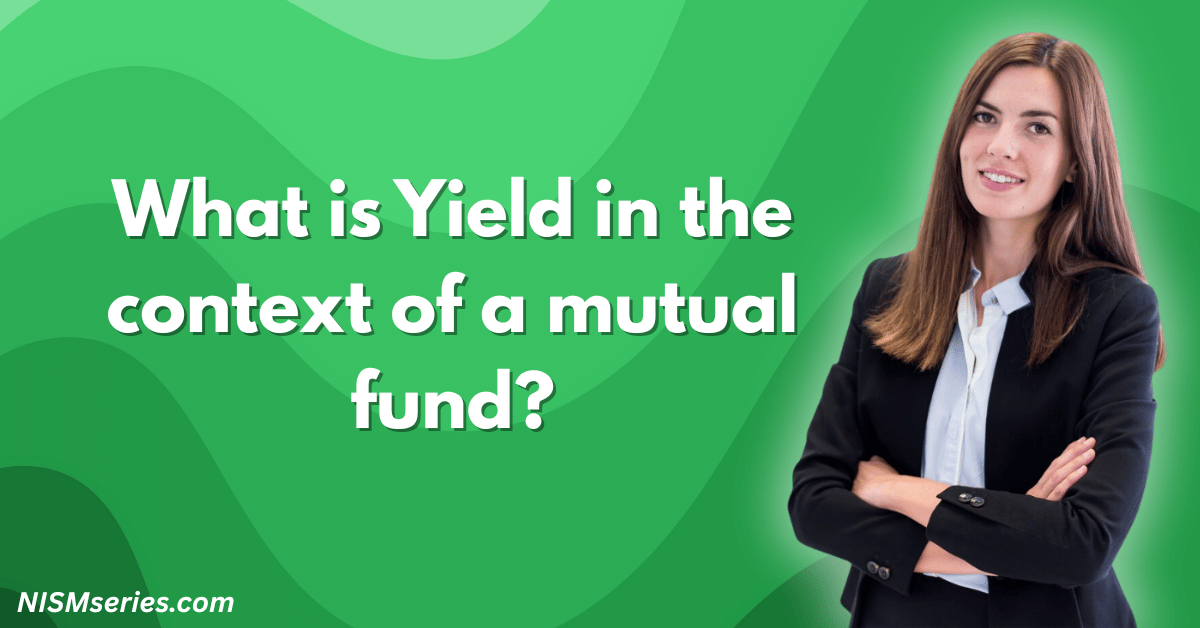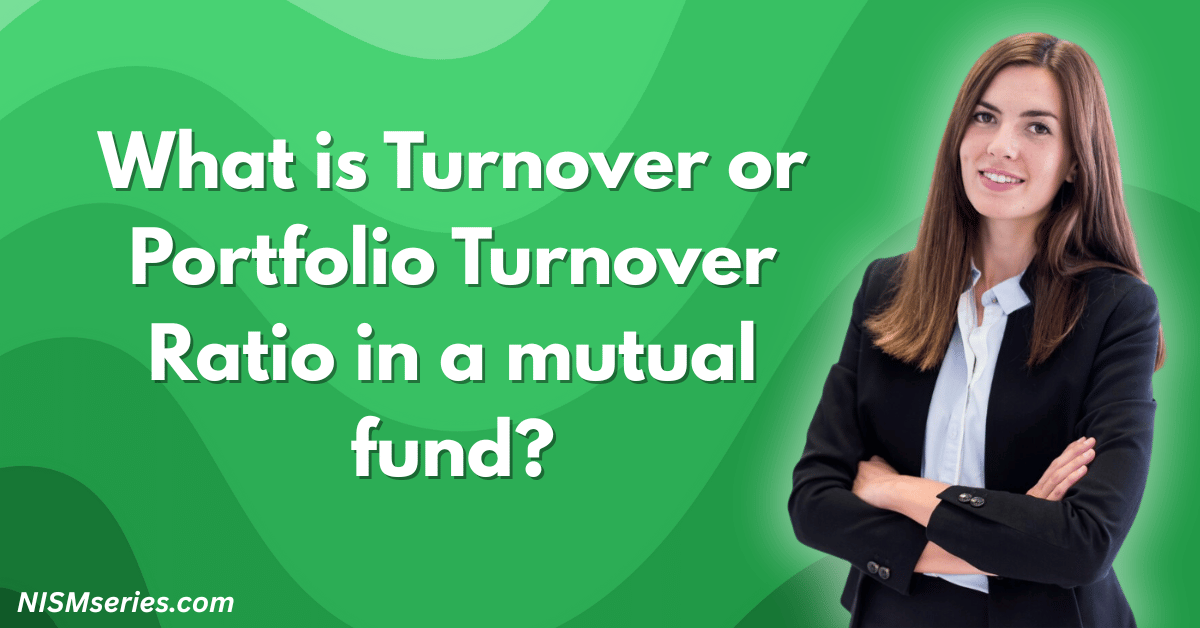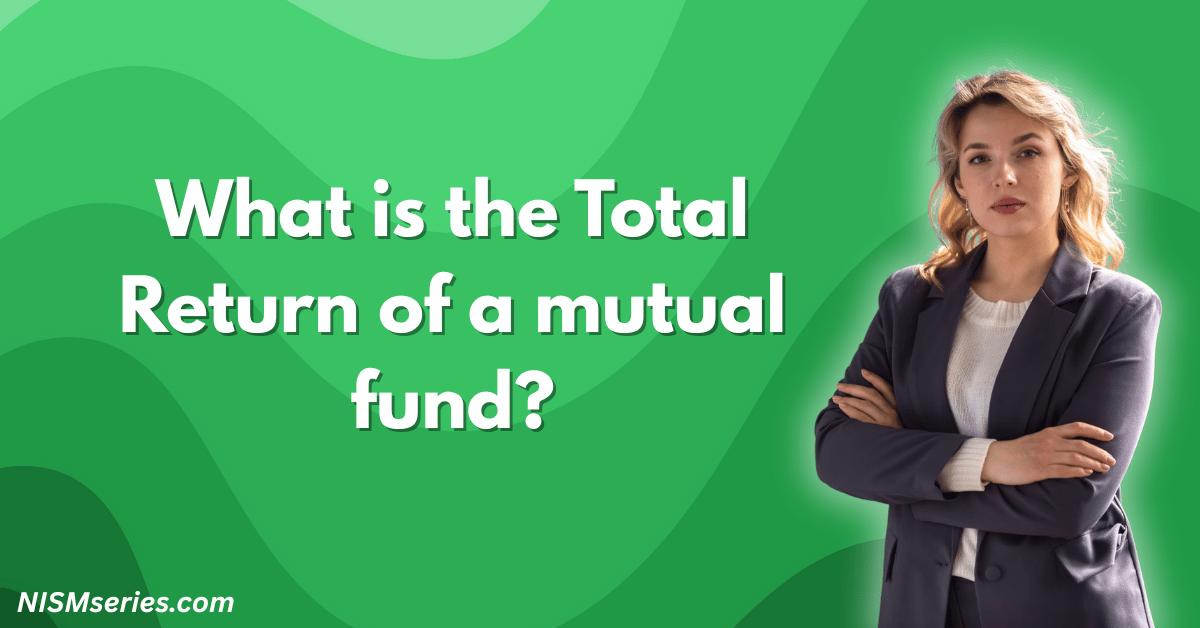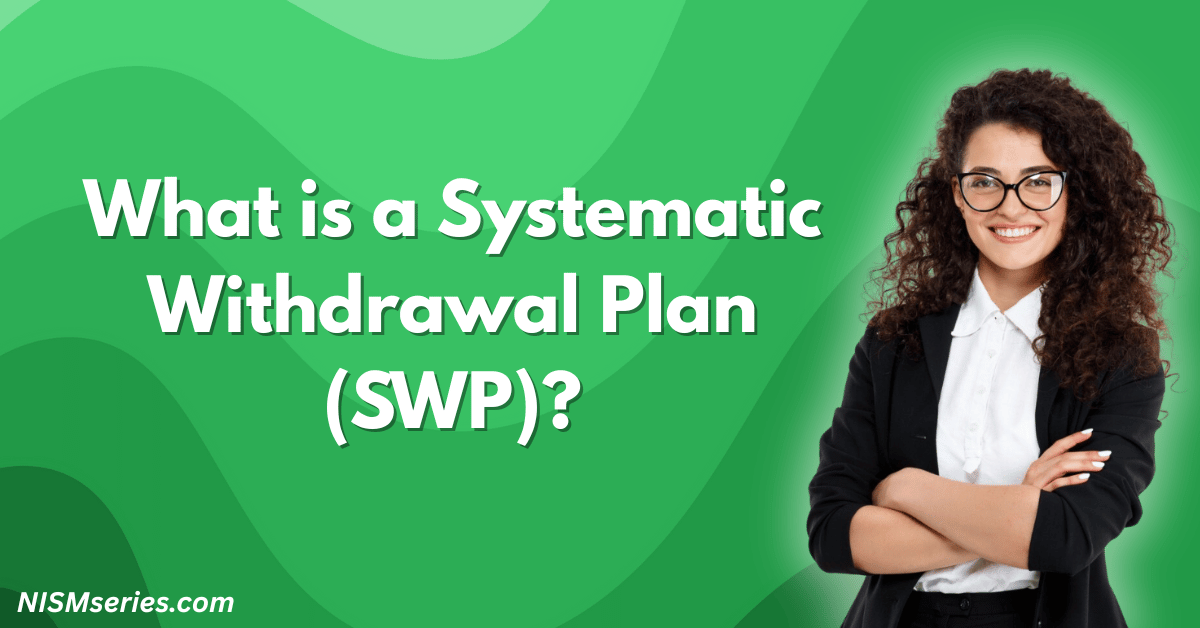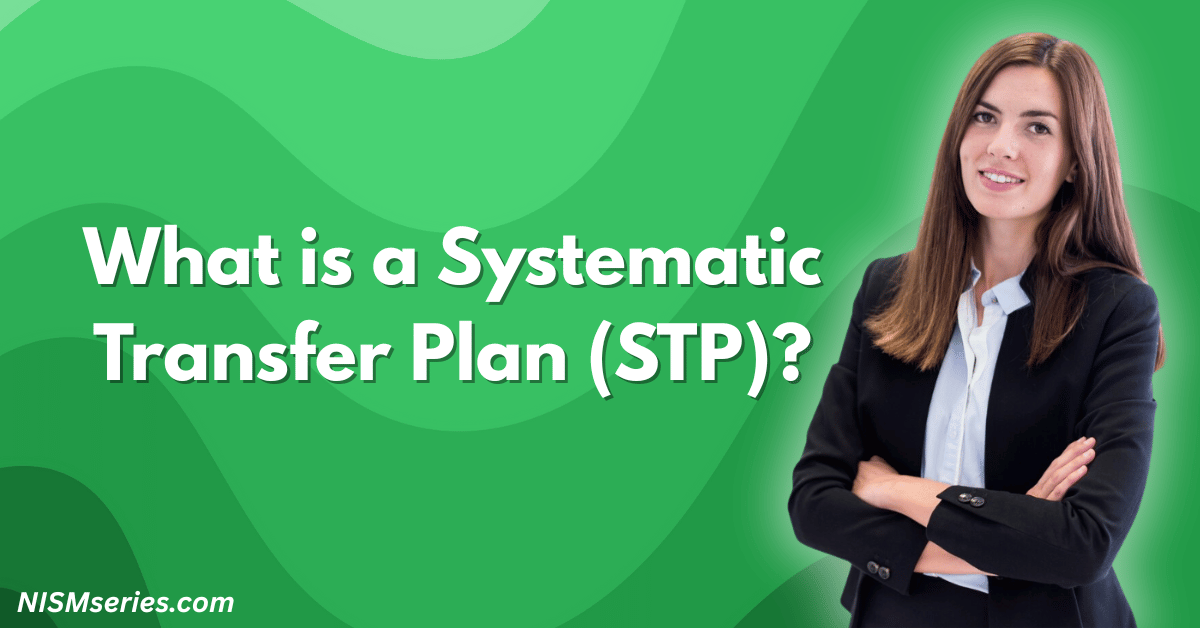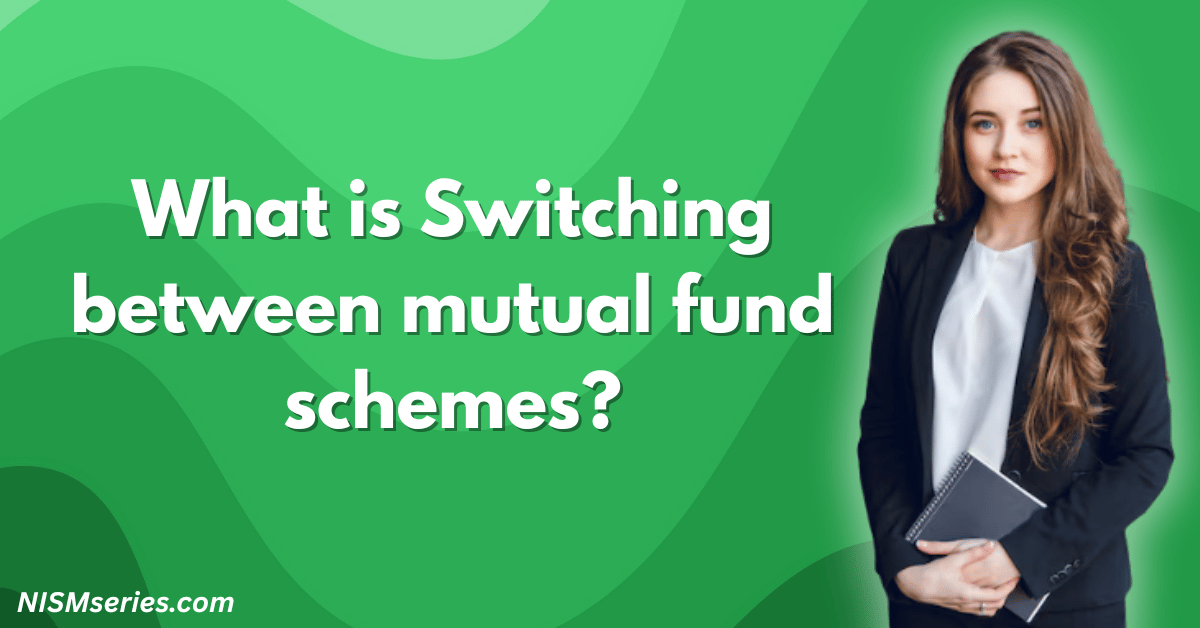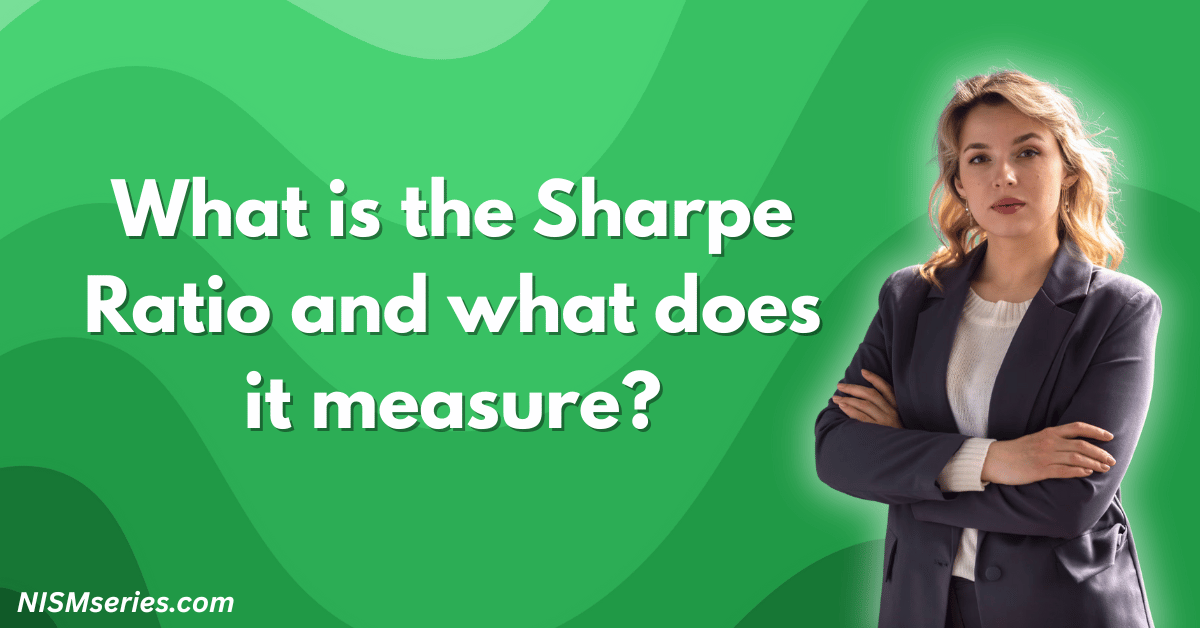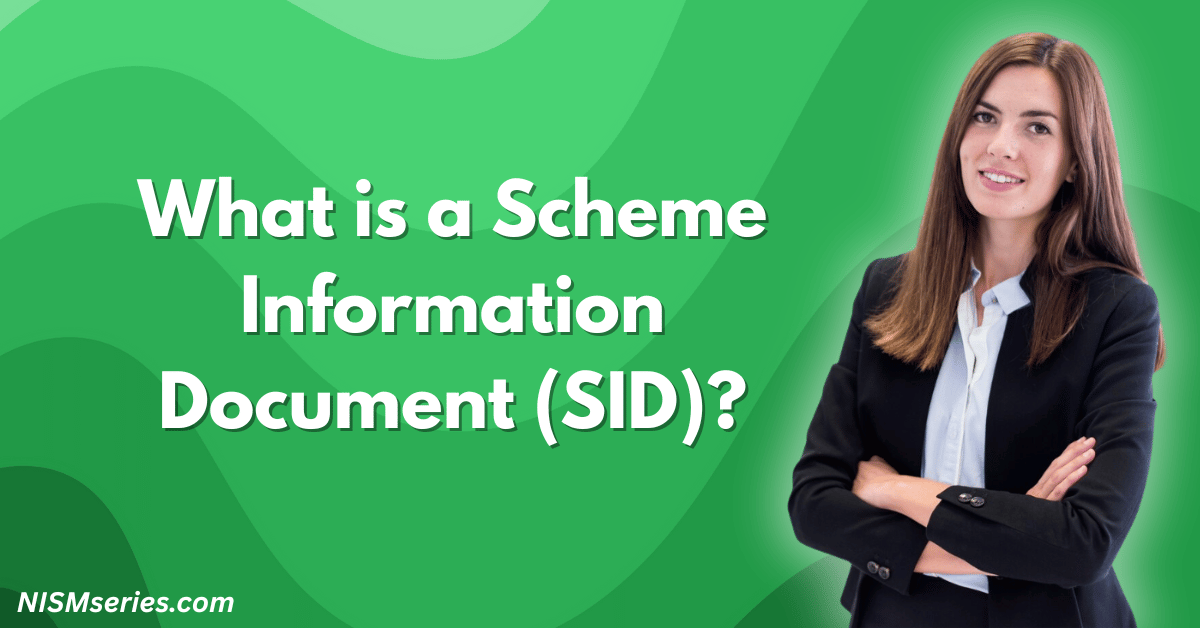A dividend payout means a fund gives you part of its profits in cash. It is not like a company’s dividend. The money comes from the fund’s extra money (distributable surplus). This surplus comes from profits on sales, dividends, and interest. The Securities and Exchange Board of India (SEBI) changed its name to Income Distribution cum Capital Withdrawal (IDCW). The new name proves you get your own money back, not just profit. The fund’s extra money is the only source for a dividend payout. Asset Management Companies (AMCs) must put all gains in a special account before they can pay you. This rule is absolute. It makes sure payments come from profits, not your first investment.
Table of Contents
Understanding Dividend Payout
IDCW Payout vs Dividend Reinvestment Options
Funds offer two dividend choices: IDCW Payout and IDCW Reinvestment. The payout option is the only way to get cash in your bank. The reinvestment option uses the dividend to buy more fund units at the new Net Asset Value (NAV). SEBI changed the name to IDCW to show that this payment is both income and a return of your own money. This is not pure profit. When you get a dividend payout, your investment’s NAV always drops.
How Dividend Payout Works in Mutual Fund Schemes
Cash Payment Methods
A fund that declares a dividend follows strict rules. The Asset Management Company (AMC) must put the money in your bank in seven working days. This is much better than the old 15-day rule. If a fund is late, it must pay you 15% annual interest for the delay. This law protects you and forces funds to pay on time.
Record Date and Ex-Dividend Date Impact
The record date decides who gets a dividend. You must own the fund units on this date to get paid. The ex-dividend date is always two business days before the record date. If you buy units on or after the ex-dividend date, you get no dividend. These dates are critical if you want dividend income. Right after a dividend is announced, the NAV (unit price) drops. The fund paid that money out, so it is gone from the fund’s value.
Dividend Payout Frequency in Different Fund Types
Monthly and Quarterly Dividend Distribution
Different funds have different dividend schedules. Some funds pay dividends monthly or daily. How often you get paid always depends on the fund making a profit. The fund managers decide. Equity funds usually pay every three or six months. For example, HDFC Hybrid Equity Fund pays a consistent quarterly dividend, showing it is a disciplined fund.
Annual and Semi-Annual Payout Schedules
Many funds pay dividends once or twice a year. This gives them time to build profits. A fund with a dividend payout option must pay a dividend at least once a year. How often it pays depends on its performance. Top funds show they can pay well. For instance, some flexi cap funds have annual dividend yields over 8%. This proves they have strong payout abilities.
Dividend Payout Mechanics and NAV Impact
How Does Dividend Payout Affect NAV?
NAV Reduction After Dividend Declaration
The top rule for a dividend payout is that the NAV (Net Asset Value) goes down. When a fund pays a dividend, its NAV drops by the exact dividend amount. This system keeps the fund’s total value the same. For example, a fund with a Rs 100 NAV pays a Rs 5 dividend. The new NAV becomes Rs 95. Your total money is the same. You have units worth less, plus the cash you got.
Distributable Surplus and Payout Calculation
A dividend payout is always calculated from the fund’s extra money (distributable surplus). This money comes from profits on sales, dividends, and interest. Fund managers review this money to decide how much of a dividend to pay.
Dividend Payout vs Growth Option Comparison
Capital Appreciation in Growth Option
The growth option is the best choice for long-term wealth. It puts all profits back into the fund. This lets your money grow faster with compounding. A growth option’s NAV always goes up as it makes profits. This choice is also better for taxes. You only pay capital gains tax when you sell your units. This gives you control over when you pay taxes.
Income Generation Through Dividend Payout
The dividend payout is for people who need regular income now, like retirees. But this choice kills compounding. The money paid to you cannot grow with the fund. Your choice depends on your goals and needs. The dividend payout gives you income now, but the growth option is the only way to build great wealth.
Tax Implications of Dividend Payout Option
TDS on Dividend Payout Above Rs 10,000
The tax law is clear. A 10% Tax Deducted at Source (TDS) applies to dividend income over Rs 10,000 a year. This limit is per fund company (AMC). This means you get a separate Rs 10,000 exemption for each one. Foreign investors pay 20% TDS unless a tax treaty lowers it. If you have no PAN card, you must pay 20% TDS on any dividend amount.
Income Tax Treatment for Dividend Recipients
Dividend income adds to your total annual income. You must pay tax based on your tax bracket. Now you pay the tax, not the fund house. You can use Form 15G (for people under 60) or Form 15H (for seniors) to stop TDS if your income is below the taxable limit. This helps low-income investors avoid tax payments.
FAQ
Do all mutual funds offer dividend payout option?
No. Not every fund offers a dividend payout. It depends on the fund’s rules. Most good equity and hybrid funds offer both growth and IDCW options. Some funds only have the growth option, which is better anyway.
How often do mutual funds pay dividend payout?
A dividend payout schedule differs by fund. Some funds pay monthly. Others pay quarterly or yearly. There are no guarantees. Dividends are only paid when the fund makes a profit.
Can I switch from growth to dividend payout option?
Yes, you can switch options in the same fund. But this is a bad idea for taxes. It is treated as selling your units and buying new ones. This creates a tax bill. The rules for switching are different for each fund house, so you must check their terms.
What happens to my investment when dividend is paid?
When a dividend is paid, the fund’s NAV drops by the exact dividend amount. You get cash in your bank. Your total investment value stays the same right after. But your future growth is lower because of the small NAV.
Is dividend payout better than dividend reinvestment?
A dividend payout is only good if you need cash now. Reinvestment is always better for building long-term wealth. For taxes, growth and reinvestment options are best. A dividend payout is taxed right away at your highest tax rate, which is a terrible deal.



